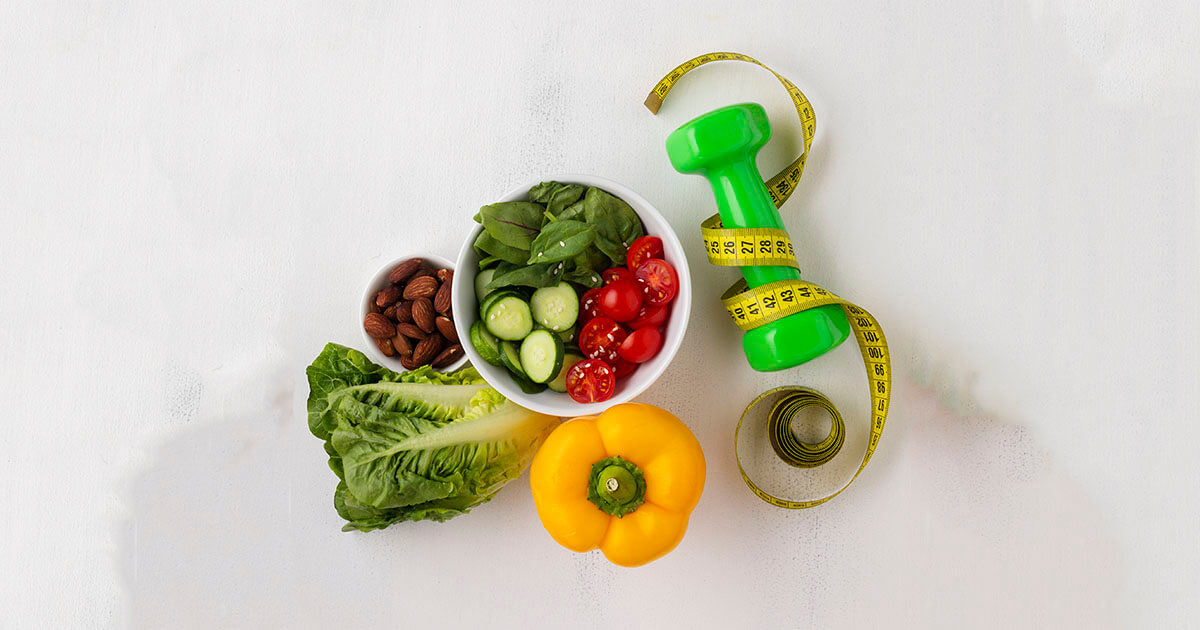
While counting calories does serve a purpose in weight loss, it doesn’t capture the whole picture. Being obsessive with only low calorie foods is different than being mindful of calorie consumption.
If you’re trying to slim down in a healthy, well-rounded way, counting calories is not the best way to lose weight. Few people question the tenet of ‘calories in vs. calories out’. This concept lies beneath even the newest weight loss programs. But while calorie counting is grounded in fundamental biological truths, it oversimplifies the complex mechanisms that determine human body weight.
Let’s take a closer look at whether counting calories to lose weight really works. Does the weight loss last, and if it’s the right approach for you.
What Is A Calorie?
According to the USDA, a calorie is an exact unit of energy. Specifically, it is the amount of energy needed to raise the temperature of 1 gram of water by 1 degree celsius. The calories in food are actually kilocalories, or 1,000 of these tiny units.
With about 9 kilocalories per gram, fats are the most calorie-dense foods we eat. Protein and carbohydrates each have about 4 kilocalories per gram. Generally speaking, eating fewer calories than you burn will result in weight loss.
Is Counting Calories To Lose Weight Worth It?
Calorie counting in weight loss is meant to be a helpful tool. As such, the intention is to create a caloric deficit. When you burn more calories than you are consuming and it results in weight loss calorie deficit happens. You can achieve this by engaging in calorie-burning activities and monitoring your calorie intake.
It also provides insight into your eating habits and overall lifestyle choices. Additionally, calorie counting creates awareness about how many calories you’re eating. In essence, use calorie counting when needed, but don’t make it everything.
Why Relying On Counting Calories Alone Could Be Bad
If you focus on calories alone, it can cause us to avoid nutritious and healing foods. Some people base their weight loss strategy on eating only low calorie foods. They disregard the nutrition content and follow a restricted list of foods with certain caloric criteria.
Obviously, the short term success is satisfying to them. But it’s bad practice because it may cause malnutrition and result in serious health issues in the long run.
Many nutrient rich foods contain a hight number of calories than less nutrient rich foods. But a food high in calories doesn’t mean it is unhealthy or bad for you. For this reason, following a balanced diet is the best way to control weight. Therefore, focus on appropriate food groups, quality ingredients, portion sizes while taking your exercise and caloric intake into consideration.
Effective Weight Loss Solution
The real answer to effective weight loss? Choose high quality and whole foods that benefit your health, thus helping you lose weight. Caloric intake cannot be prescribed or generalized without understanding an individual’s unique needs.
Even though it’s helpful to be mindful of calorie count, food quality holds equal importance. And a great place to start is incorporating whole foods into your life. So, if you’re looking to maintain a healthy lifestyle and lose weight, here are a few tips:
- Keep meals simple, digestible, and delicious.
- Be mindful of portion sizes. If you had a large lunch, make dinner smaller portions.
- Not all low-calorie foods are healthy, just like not all high-calorie foods are unhealthy.
- Consult a trained nutritionist.
- Read food labels and make sure you understand the ingredients.
- Eat when you’re hungry and maintain a steady flow of nutrients throughout the day.
Choose Jane’s Cafe Healthy Portions
Jane’s Cafe is here to make your eating experience as healthy as it is flavorful. Our dishes are prepared fresh with high quality ingredients. To help you eat healthy lifestyle this year, order online for delivery or visit our cafe.
You may also enjoy reading: Protein French Toast











Leave a Reply